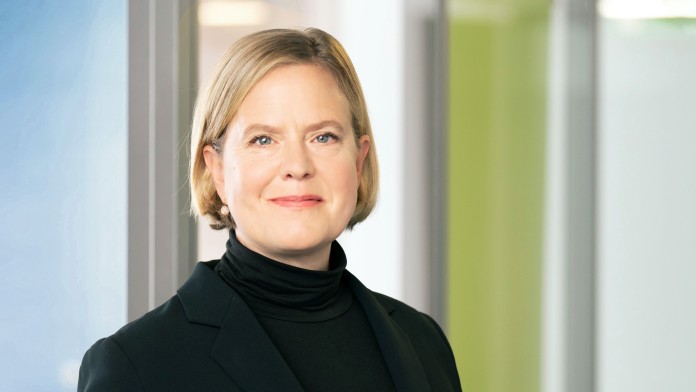Press Release from 2018-06-19 / Group, KfW Research
KfW Municipal Panel 2018: Investment needs are growing but capacities are limited
- Local governments need to step up investment as the population grows and pressure on infrastructure rises
- But authorities and construction firms are operating at full capacity, making it hard to invest more
Germany is growing, and so is its population. In 2017, around 2 million more people were in the country than five years before, including many children and youths, as a result of immigration and rising birth rates. This is putting increasing pressure on local governments to make additional infrastructure available such as schools, child daycare centres and housing. In shrinking cities, municipalities and districts, the consequences of demographic change need to be managed at the same time – a major challenge for local governments. This is also demonstrated by the findings of the KfW Municipal Panel 2018, the annual representative survey of municipalities in Germany which Dr Jörg Zeuner, KfW’s Chief Economist, presented in Berlin today.
Admittedly, these needs are growing in what is currently a favourable economic environment. In 2017, public tax revenue was more than EUR 130 billion higher than in 2012, federal debt levels are falling and interest payments remain low. “Fortunately, the good economic situation makes it easier for local governments to address the demographic challenges”, said Dr Zeuner. “But new investments often cannot be planned and implemented fast enough”, Dr Zeuner added. “Increasingly more local governments have reached their capacity limit because they lack the necessary staff. They can no longer plan projects, access promotional funds and call for construction tenders.”
High capacity utilisation in the construction sector is also becoming a growing problem for many local governments. “Municipalities that actually manage to find craftspeople or construction firms now have to pay them much more than in previous years”, explained Dr Zeuner. They spend more on infrastructure but do not necessarily provide more of it. “The logical consequence of growing investment requirements in the face of limited investment options is an increase in investment backlogs”, said Dr Zeuner. Thus, the KfW Municipal Panel 2018 has identified an increase in the municipalities’ perceived investment backlog to just under EUR 159 billion.
Many local governments with investment backlogs have also raised more revenue, however. These municipalities will be able to reduce their investment backlog in the medium term by investing more. The KfW Municipal Panel 2018 has thus also found that many municipal treasuries believe they will reduce their investment backlogs again in the coming years, especially in schools and child daycare centres. But for the road sector, where the maintenance neglect of the past years is particularly visible, most municipalities expect conditions to remain difficult.
But the situation remains problematic in cities, municipalities and regional districts where the tight budgetary situation prevents them from investing more to meet growing needs. The results of the KfW Municipal Panel 2018 suggest that regions with growing investment backlogs tend to invest less. That makes it increasingly more difficult for them to catch up through their own efforts. “If financially weak local governments cannot respond adequately to growing requirements, the gap between regions will widen further. Political solutions have to be found here to improve the affected local governments’ ability to invest again over the long term”, Dr Zeuner observed.
Note:
The KfW Municipal Panel is a survey conducted by the German Institute for Urban Affairs (Difu) on behalf of KfW Group since 2009. It is the largest periodic survey of treasuries in cities with district status, regional districts and district towns with more than 2,000 inhabitants in Germany. The core areas covered by the survey are municipal finances, municipal investment and its funding. The report and further information can be accessed at www.kfw.de/kommunalpanel (available only in German).
You will find articles and further information on the topic of sustainable municipalities on KfW’s digital story platform: www.kfw.de/stories/dossier-daseinsvorsorge (available only in German).


Share page
To share the content of this page with your network, click on one of the icons below.
Note on data protection: When you share content, your personal data is transferred to the selected network.
Data protection
Alternatively, you can also copy the short link: https://www.kfw.de/s/enkBbm2w.Bz0A
Copy link Link copied